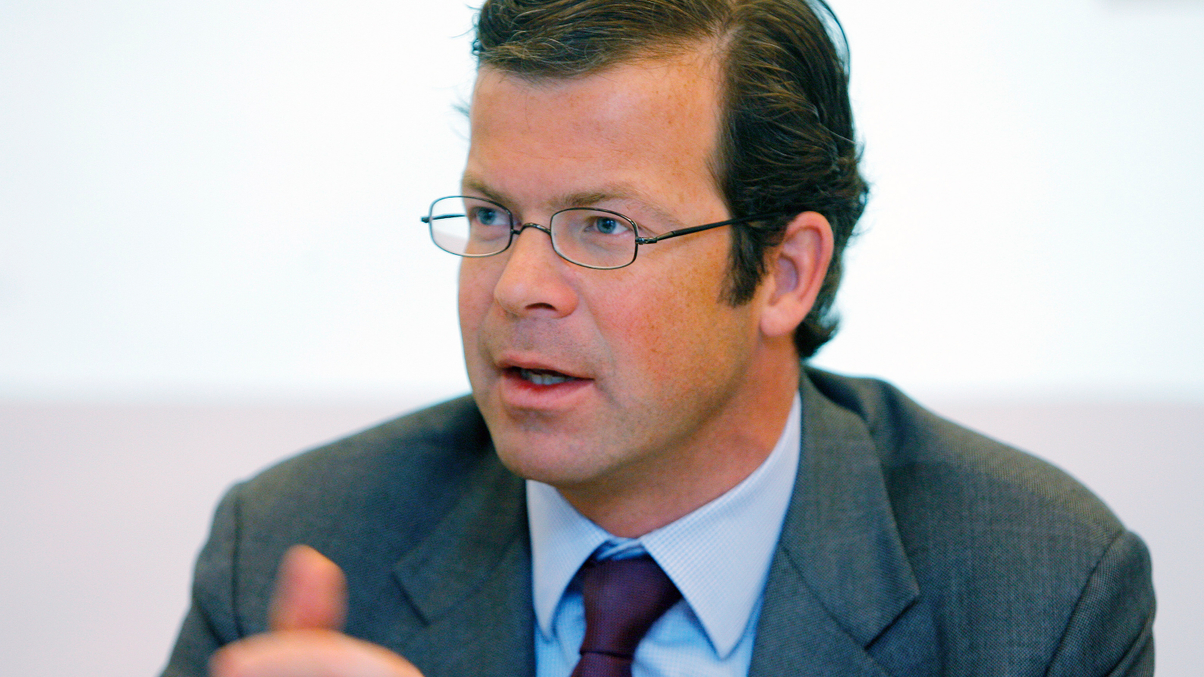LGT chief talks manager selection and finding talent
Prince Max of Liechtenstein, the CEO of LGT Group, outlines his views on exchange-traded funds, big private banking brands and Asian regulation.

Prince Max, chief executive of Liechtenstein-based asset management and private banking firm LGT Group, spoke to AsianInvestor about some of the big issues facing firms such as his own.
Sign in to read on!
Registered users get 2 free articles in 30 days.
Subscribers have full unlimited access to AsianInvestor
Not signed up? New users get 2 free articles per month, plus a 7-day unlimited free trial.
¬ Haymarket Media Limited. All rights reserved.


